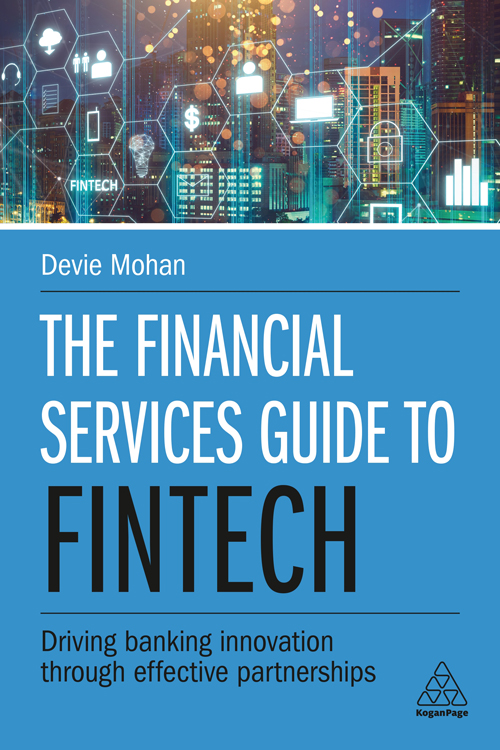
Devie Mohan
Author, The Financial Services Guide To Fintech
In the shadow of the last global financial crisis, the fintech industry emerged as a disruptive phenomenon that cut out the middleman. This transformative sector has had a massive impact on the perception of banking and money management.
Fintech has established itself as a credible alternative, especially in these times of another looming financial crisis and a cashless revolution.
The industry exists today as the epitome of collaboration and a reminder of how to utilise our core strengths when trying to innovate in a challenging economy.
So, how can we improve collaboration?
1.Be as open to learning as possible
Right from the beginning, the financial industry wanted to learn from fintechs. And that is how some of the earliest innovation collaboration models emerged.
Several banks and financial institutions launched accelerator programmes between 2010 and 2016.
The aim was to support fintech start-ups with small seed investments, but primarily to learn innovation by observing the FinTechs’ products, culture, processes and team management styles.
From product creation and customer experience management to process improvement, fintechs and their approach to technology-first problem solving can be educational to financial institutions.
2. Focus on use cases, rather than technology
There was major focus in the early days of the fintech revolution on technologies – blockchain, artificial intelligence and chatbots were the focus of innovation.
However, as organisations have matured, we are increasingly focusing on use cases, rather than technologies.
Every well-defined use case will have three distinct elements:
- What is the problem we are solving?
- What is the most efficient solution to the problem? Does it involve a single product, a group of products or custom development?
- Does the solution offer clear benefits in terms of revenues, customer acquisition or operational efficiencies?
3. Focus on customer experience
Traditional banks have limited customer experience success, thanks to a history of legacy systems and data silos.
On the contrary, most fintechs offer customer friendliness, thanks to their lower cost bases, lack of legacy systems, technology adeptness and a culture of being willing to take risks to serve customers.
Banks benefit from such a partnership by being able to offer new products and services, while investing relatively small amounts of time, effort and capital.
Scalability remains a huge challenge for fintechs. Access to new customers and revenue, with a boost to brand recognition in the wider market, makes this type of collaboration very attractive to them.
4. Utilise data and open systems
The future of the financial sector pivots on who owns and controls data. This is a critical area of concern for financial institutions, due to the challenges of collating, monitoring and obtaining consent to this data.
However, fintechs are ideally positioned to do so, thanks to their focus on social media based customer interactions.
Various open banking standards launched around the world are encouraging partnerships between banks and fintechs, sharing data between all parties of the bank-FinTechs ecosystem.
The development of open standards, consent and privacy policies and open sharing systems will undoubtedly be an anchor to the future collaboration models in the fintech ecosystem.
5. Widen the ecosystem
Beyond these obvious collaboration models, the ever widening fintech ecosystem is also bringing in partners such as universities, regulators, supervisors, training providers, software providers, domain experts, content producers, events organisations and consulting firms.
As the fintech sphere develops, so too do various forms of collaboration. These partnerships are sprouting up among different geographical regions and stakeholders.
The lessons learnt from the transformative nature of fintech will hopefully stand us in good stead in future financial crises and help us find new ways to collaborate and innovate.

Devie Mohan is the author of The Financial Services Guide To Fintech

